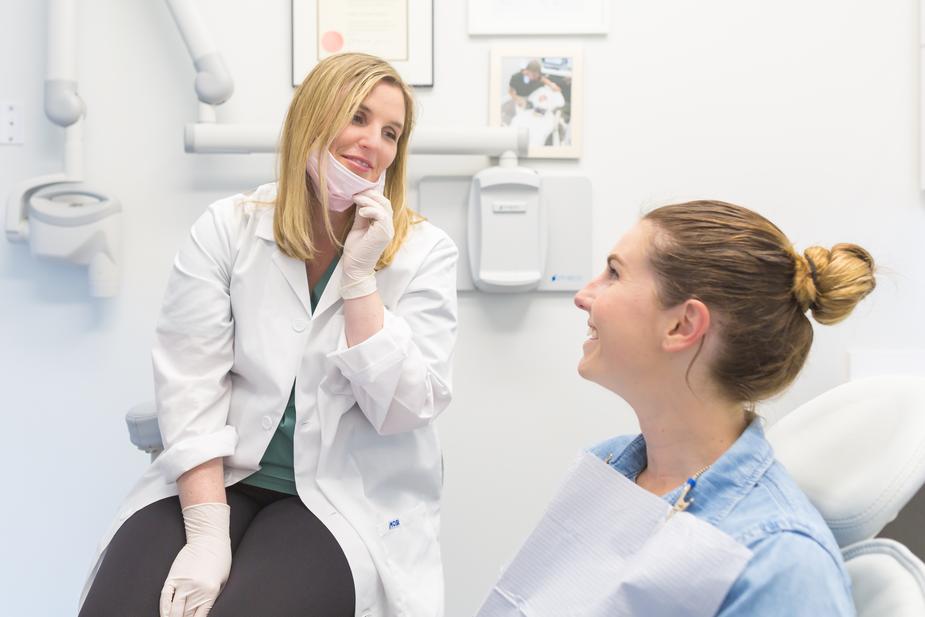Dentistry has been a part of the NHS since its beginning. There’s a lot changes with regards to NHS Dentistry recently, as as we all studying in this sector, we thought it would be appropriate to explain NHS Dentistry from patient and operator perspectives.

The NHS was set up in 1948 and there were and still remain, three branches of dentistry. There is currently:
- Special Needs Dentistry – which is treating the oral health of people with an sort of disability
- The General Dental Practitioners – who treat patients in practices across the UK. They are all contracted via NHS England.
- The Hospital Dental Service – mainly in hospitals or teaching hospitals and is the only access to specialist surgeons such as maxillofacial professionals.
The NHS State: ‘The NHS will provide any clinically necessary treatment needed to keep your mouth, teeth and gums healthy and free of pain. Decisions about which treatment is appropriate will be based on a clinical assessment and clinical judgement’.
Dental charges are done by the band system and are one of the few NHS services that you may have to pay for. The band charges are taken from the NHS website:
-
- Emergency dental treatment – £20.60: This covers emergency care in a primary care NHS dental practice such as pain relief or a temporary filling.
- Band 1 course of treatment – £20.60: This covers an examination, diagnosis (including X-rays), advice on how to prevent future problems, a scale and polish if clinically needed, and preventative care such as the application of fluoride varnish or fissure sealant if appropriate.
- Band 2 course of treatment – £56.30: This covers everything listed in Band 1 above, plus any further treatment such as fillings, root canal work or removal of teeth but not more complex items covered by Band 3.
- Band 3 course of treatment – £244.30: This covers everything listed in Bands 1 and 2 above, plus crowns, dentures, bridges and other laboratory work.
Patients do not have to pay if:
- you need more treatment within the same or a lower charge band (such as another filling) within two months of completing a course of treatment
- you need repair work or a replacement for certain types of restoration within a year of the original work being done.
- aged under 18, or under 19 and in qualifying full-time education
- pregnant or have had a baby in the previous 12 months
- staying in an NHS hospital and your treatment is carried out by the hospital dentist
- an NHS hospital dental service outpatient – however, you may have to pay for your dentures or bridges
- a valid NHS tax credit exemption certificate – if you don’t have a certificate, you can show your award notice; you qualify if you get Child Tax Credits, Working Tax Credits with a disability element (or both) and have income for tax credit purposes of £15,276 or less
- a valid HC2 certificate
Before treatment of Band 2 or 3 level is given, the patient must sign the proposed treatment plan and completely understand the costs and alternative options of the treatment. Patients can request treatment plans for Band 1 but they are not given as standard.
Dentists within the NHS are regulated by the GDC and the BDA resolve any issues regarding NHS contracts. The majority of NHS dentists work as both clinicians and businessmen, which can cause conflict in regards to patient experience. UDA’s are used as currency in order to agree on a set amount of payment for a year’s worth of UDA’s.
The dentist is responsible for:
- using a combination of evidence and experience to provide care that is in the best interests of the patient
- dealing with long-term solutions to problems created by disease, not just performing “quick fixes”
- offering good and honest communication
- displaying behaviours that unambiguously put the patient first
- helping patients with their own self-care responsibilities
- upholding NHS standards
More information can be found in the 2009 Steele report.

